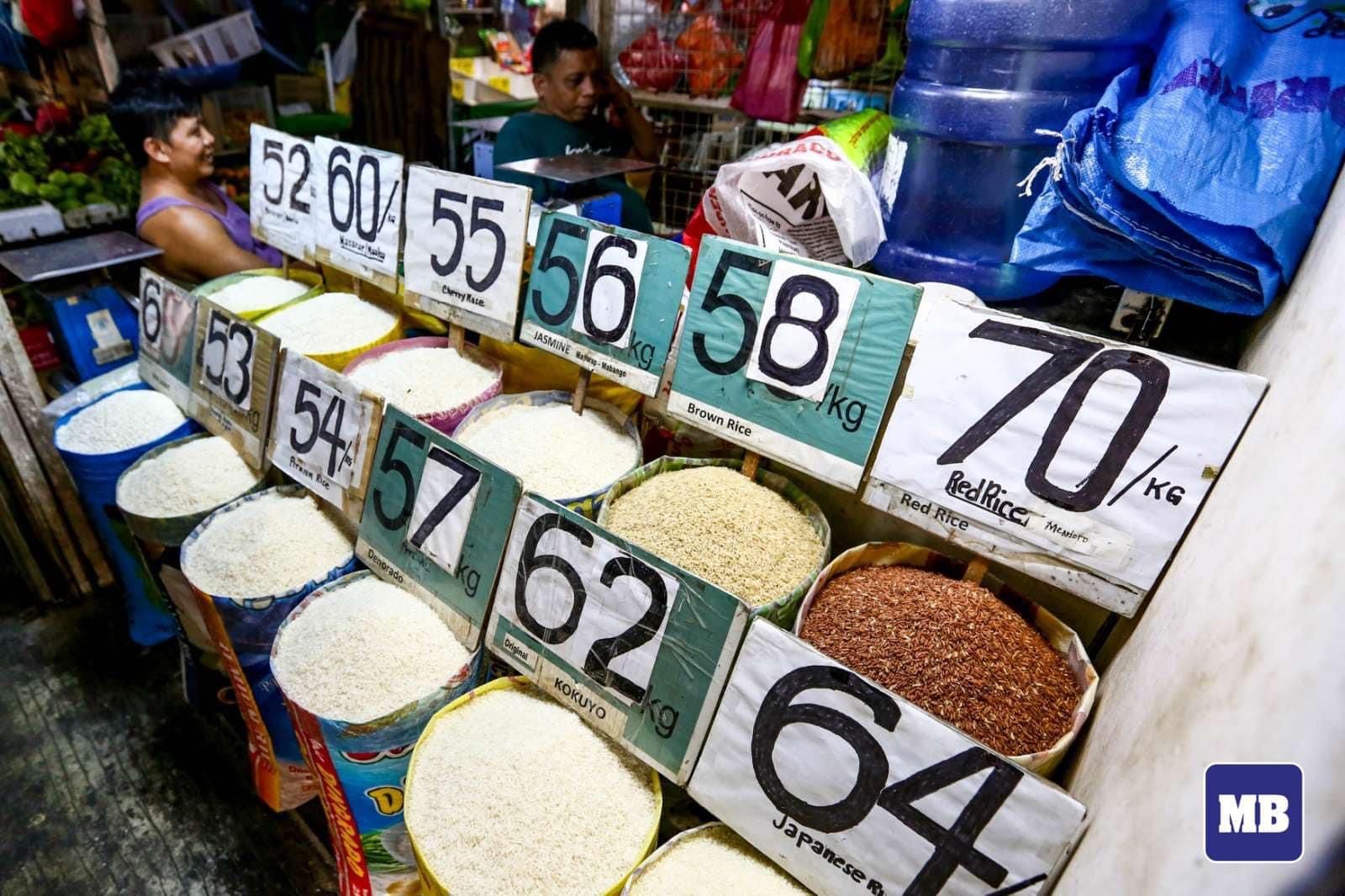
Rice retail prices could fall by P6 to P7 by August due to the influx of rice imports entering the country after the national government cut rice tariffs from 35 percent to 15 percent, the Department of Agriculture (DA) said.
Through Executive Order (EO) 62, President Marcos facilitated the significant influx of rice imports into the market in order to lower the price of rice, the main staple food of Filipinos.
“[Sa] August ‘yan mararamdaman talaga, iyong pumasok na siya sa mga palengke. Possible P6 to P7 reduction [sa presyo ng bigas (August, it will be felt when it reaches the markets. A possible P6 to P7 reduction in the price of rice),”Assistant Secretary Arnel de Mesa, the spokesperson of the DA, told reporters on Friday, July 19.
“Within July, of course, may lumalabas na ‘yan (imported rice) pero hindi pa ganoon karami so unti-unti pa lang ‘yan dumarating sa mga palengke (Within July, of course, there are imported rice supplies coming in, but not in large quantities yet, so they are only gradually arriving in the markets),” he added.
According to De Mesa, 35,594 metric tons of rice imports had arrived in the country as of July 11.
“Iyong volume na dumating ay 35,594 metric tons as of July 11 pa lang ito, ‘yung first week ng implementation nitong effectivity ng EO 62 (The volume that arrived was 35,594 metric tons as of July 11, which was just the first week of the implementation of the effectivity of EO 62),” he noted.
Based on DA’s price monitoring on July 19, the cheapest rice retailed in Metro Manila is local regular milled which costs P45 to P50 a kilo.
Meanwhile, the lowest price for imported rice available in the metropolis is between P47 and P49 per kilo for regular milled rice.
Previously, farmers’ groups have voiced concerns about EO 62, fearing it will lead to a surge in imported rice entering the country. They worry that if the prices for rice, hogs, corn, and chicken drop below production costs, local producers may lose their incentive to continue farming and raising animals.
The groups also said that EO 62 will not address inflation or lower the price of rice in markets.
On the other hand, Agriculture Secretary Francisco Tiu Laurel Jr. has reassured the public about the government's decision to reduce tariffs on imported farm products, particularly rice, emphasizing that President Marcos' administration is committed to providing the necessary funding to modernize agriculture and enhance farmers' quality of life.
Laurel explained that this tariff reduction was essential to counteract high global rice prices and offer consumers temporary relief through lower rice prices.